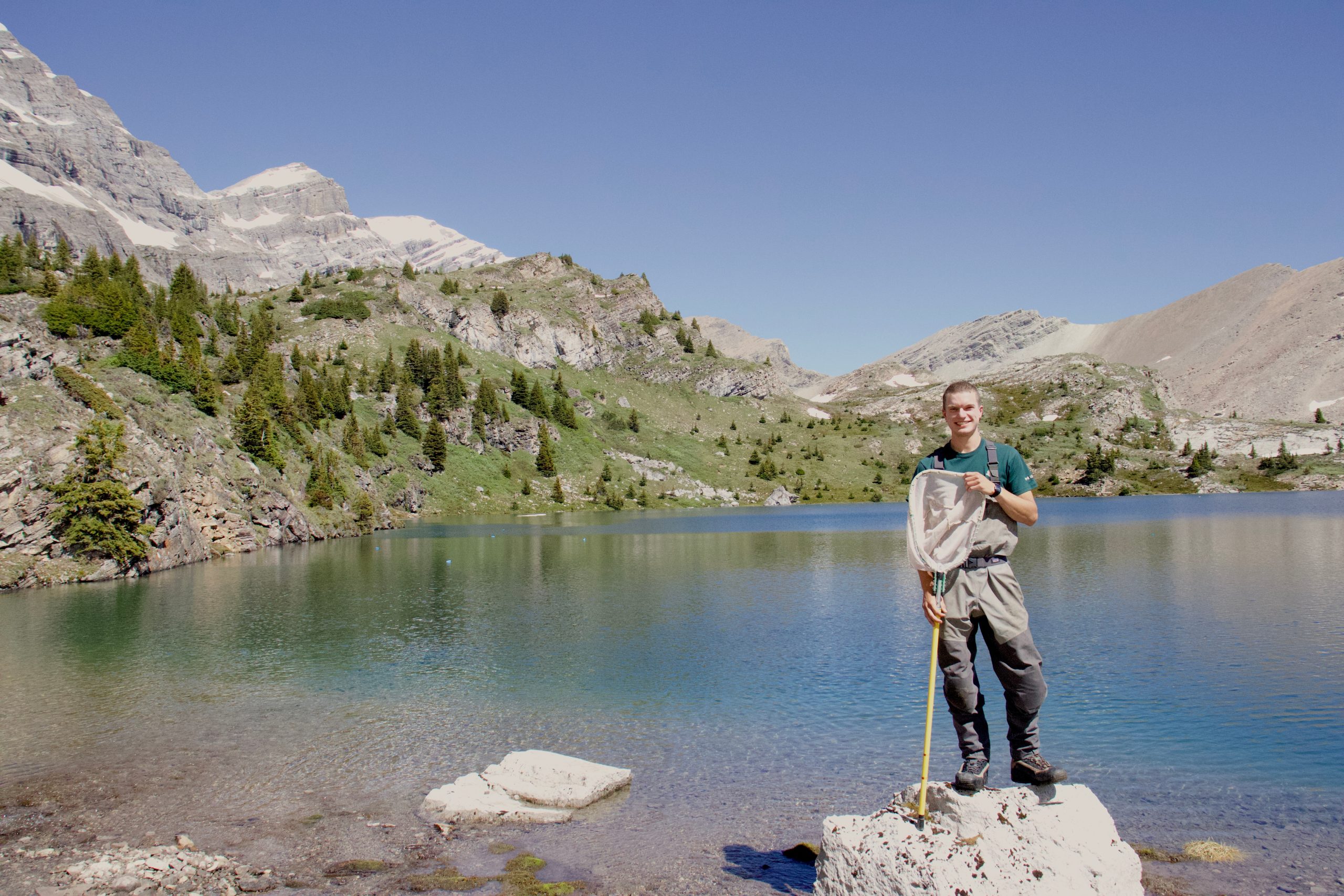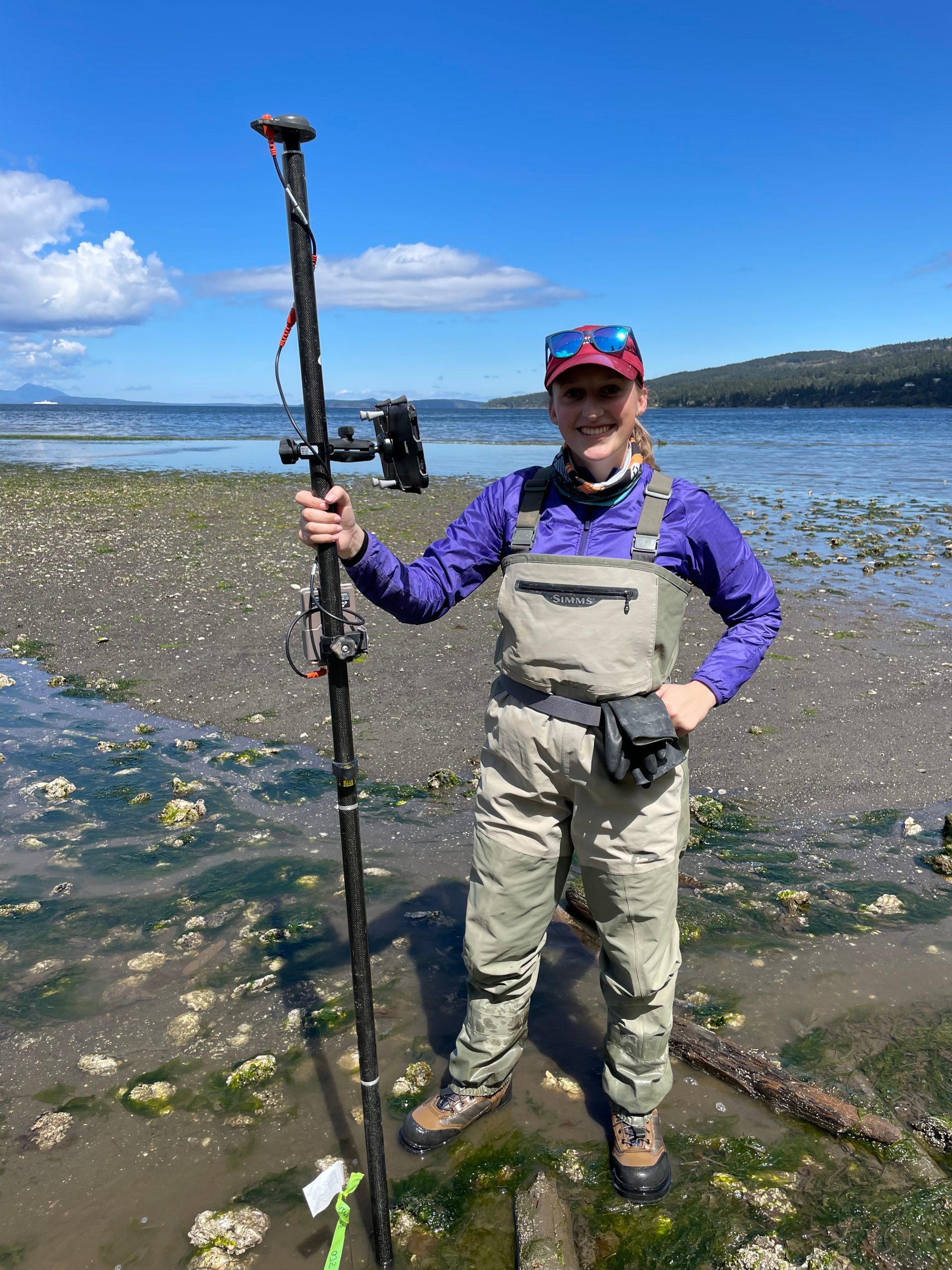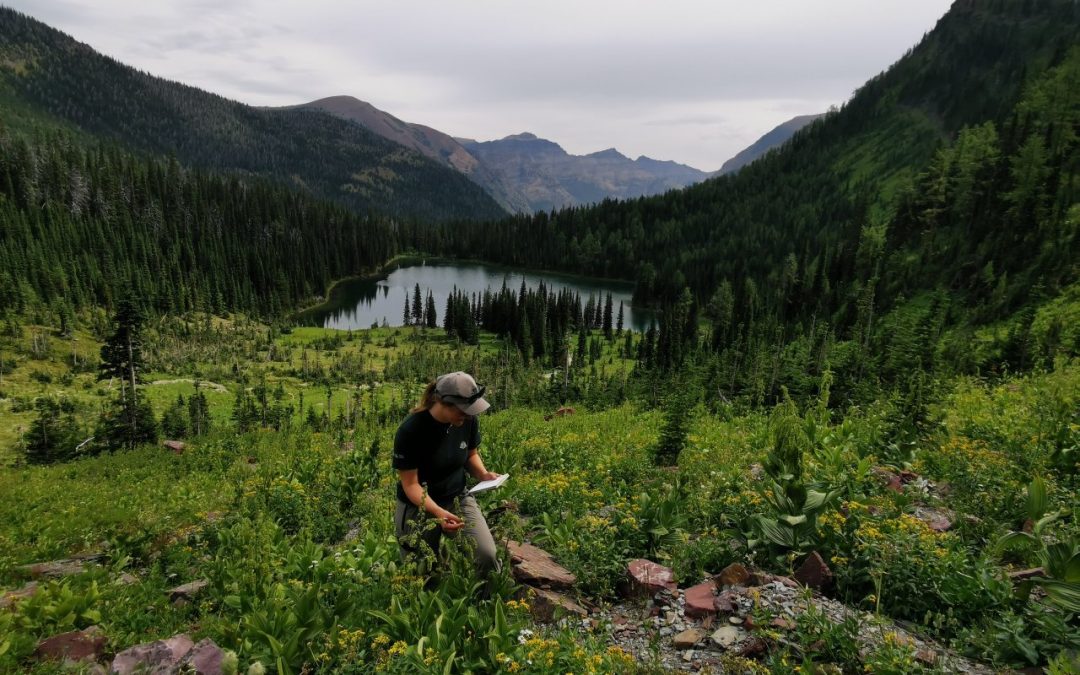- Assistant wildlife biologist – Parks Canada (Lake Louise, Yoho and Kootenay National Parks)
- Environment regulatory and sustainability co-op student – Devon Energy Corporation
- Eulachon assessment and pelagic ecosystems – Fisheries and Oceans Canada (Pacific Biological Station)
- Junior wildlife rehabilitator – BC SPCA Wild Animal Rehabilitation Centre
- Biological weed and pest control assistant – Cultural Agricultural Bureau International (Switzerland)
- Marine biology
- Fisheries and forestry
- Resource management
- Pest management
- Environmental monitoring
- Ecology
- Wildlife assessment and tracking
- Botany
- Genetics and microbiology
- Medical research

Biology knowledge
- understand the biological diversity of plants and animals
- understand genetics and the mechanisms leading to diversity (Mendelian, molecular and population genetics)
- use genetic analysis on a biological problem
- apply the principles of evolutionary theory and natural selection in creating diversity
- understand plant and animal structure and function
- analyze biological problems at the genetic, molecular, developmental, organismal and ecological levels
- use the concepts and tools of mathematics, chemical science and physical science to understand biology
- understand the history of ideas in biology
- consider the larger role of biology in society
Research skills
- understand and use the scientific method and experimental techniques to solve specific problems
- search and assess scientific literature
- work with new and emerging concepts
- gather evidence through observation and experimentation
- use inductive reasoning and deductive methods to develop a testable, falsifiable hypothesis and predict expected results
- design quantitative approaches and experiments to test and evaluate hypotheses
- observe and record the results of research
- use mathematical and statistical methods and tools to evaluate data
- draw conclusions
- communicate results and ideas clearly in scientific reports, papers and oral presentations
- understand research and propose steps required to further the goals of an experiment
Field skills
- practice safety at all times
- maintain and operate field equipment
- observe the natural environment
- identify species by sight, sound, scat or footprint
- handle organisms and collect data such as sex, length, weight, height, tissue or blood
- keep records in the field
- use proper field sampling protocols
Lab skills
- use safe and careful practices
- keep lab records
- use sterile and aseptic techniques
- use pipetting technique
- follow standard methods and procedures for lab experiments
- take accurate measurements and identify potential sources of error
- troubleshoot and optimize methods and techniques
- develop methods and procedures
- analyze, make, purify, modify and characterize compounds, samples or devices
- use lab instruments
- calibrate, maintain and troubleshoot instruments
- assess lab data


